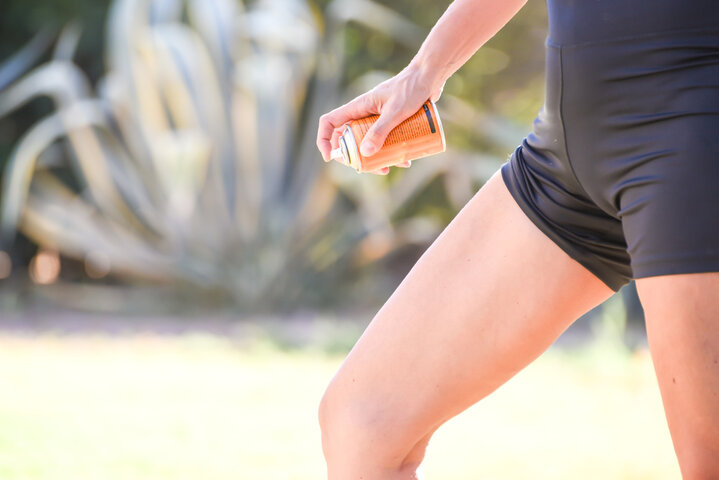Savannah’s lush parks, marshlands, and warm climate make it a paradise for outdoor lovers—but also for ticks and mosquitoes. These pests aren’t just annoying; they can transmit serious illnesses like Lyme disease, Zika, and West Nile virus. At Your Family Medical Group: Urgent Care of Berwick, Sandfly, and Wilmington Island, our team of experts is dedicated to ensuring your family’s safety in the coastal Savannah outdoors. Here’s your guide to preventing bites, spotting risks, and knowing when to visit our Savannah-area clinics for care.

Why Ticks & Mosquitoes Are a Concern in Coastal Georgia
Savannah’s humid climate and green spaces create ideal breeding grounds for ticks and mosquitoes. Common threats include:
- Lyme disease (spread by black-legged ticks)
- Rocky Mountain spotted fever (from dog ticks)
- West Nile virus and Eastern Equine Encephalitis (mosquito-borne)
While not all bites from ticks and mosquitoes lead to illness, prevention is critical. Follow these steps to reduce your risk:
1. Dress to Defend: Outsmart Bugs with Your Outfit
Clothing is your first line of defense. Orthopedic and urgent care experts at Your Family Medical Group recommend:
- Light-colored clothing (makes ticks easier to spot)
- Long sleeves and pants (tuck pants into socks in wooded areas)
- Closed-toe shoes (avoid sandals in tall grass or marshes)
Pro Tip: Spray clothes with permethrin spray (it lasts through six washes) for extra protection during hikes or backyard gatherings.
2. Repellent 101: Choose—and Use—Bug Spray Correctly
Not all repellents are equal. The CDC recommends these for ticks and mosquitoes:
- DEET (20–30% concentration): Effective against ticks and mosquitoes. Safe for kids over 2 months.
- Picaridin: Odorless alternative to DEET, equally effective.
- Oil of Lemon Eucalyptus (OLE): Plant-based option for mosquito-only protection.
Apply like a pro:
- Spray on exposed skin (avoid eyes/mouth).
- Reapply every 4–6 hours (or after swimming/sweating).
- Wash skin after coming indoors.
3. Tick Checks: Don’t Skip This Post-Adventure Ritual
Ticks can latch on anywhere but love warm, hidden areas like scalps, armpits, and groins. After outdoor time:
- Shower immediately (helps wash off unattached ticks).
- Inspect everyone (use a mirror or partner for hard-to-see spots).
- Check pets too! (Ticks hitch rides on fur).
Found a tick?
- Use fine-tipped tweezers to grasp it near the skin.
- Pull upward steadily—don’t twist!
- Clean the bite area with soap and water. If able, save the tick in a sealed bag for identification. This can help healthcare providers determine the risk of disease transmission and guide your treatment if necessary.
4. Mosquito-Proof Your Yard
Reduce breeding sites around your Savannah home:
- Empty standing water (flower pots, gutters, birdbaths).
- Keep grass trimmed and bushes tidy.
- Install screens on windows/porches.
When to Visit Your Family Medical Group Urgent Care
Most bites only cause mild itching, but seek care at our Berwick, Sandfly, or Wilmington Island clinics if you notice:
- A bullseye rash (Lyme disease warning sign)
- Fever, headaches, or muscle aches after a bite
- Signs of infection (redness, swelling, pus)
- Difficulty breathing (severe allergic reaction)
Our clinics offer:
- Tick removal and bite evaluation
- Rapid testing for tick-borne illnesses
- Treatment for infections or allergic reactions
- Walk-ins are welcome, 7 days a week!
Final Tip: Stay vigilant year-round, especially from April to October, when pests like ticks and mosquitoes are most active in Savannah. You can ensure your family’s safety from tick—and mosquito-borne illnesses by remaining proactive. Contact us to learn more today!
